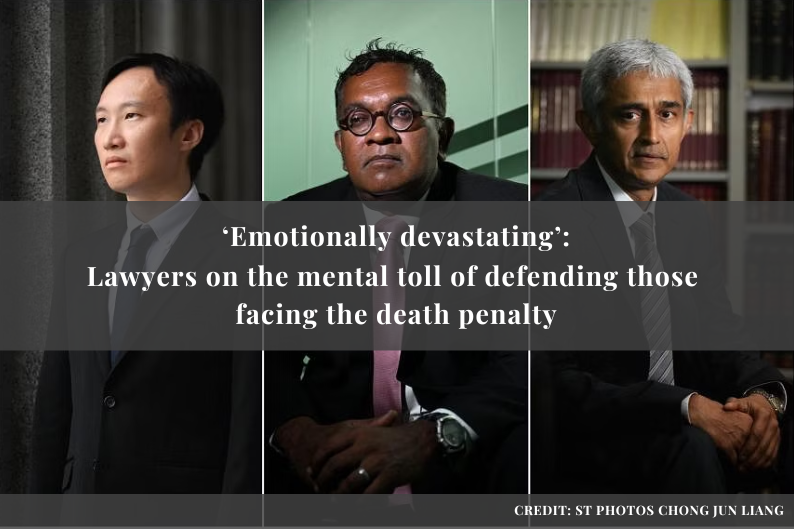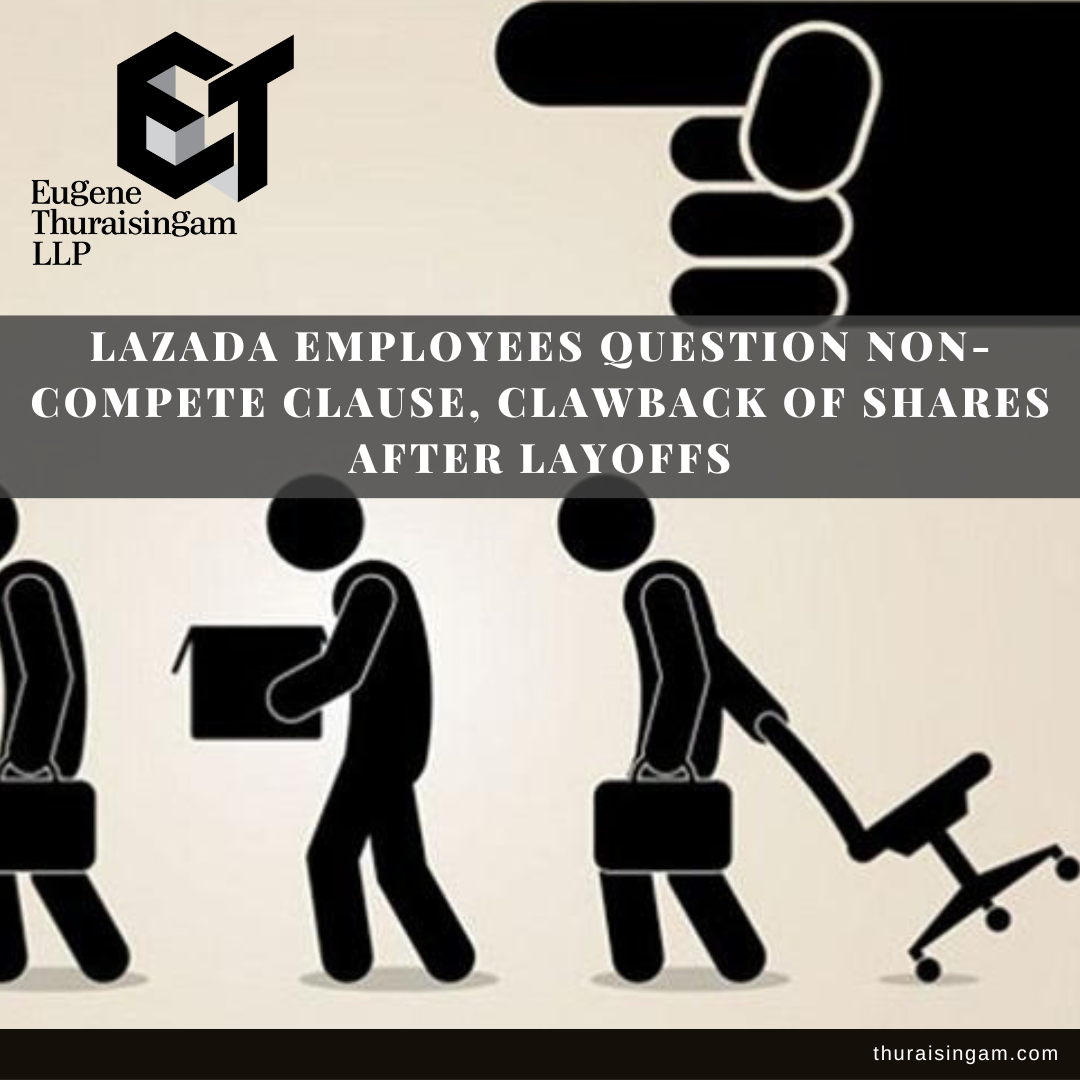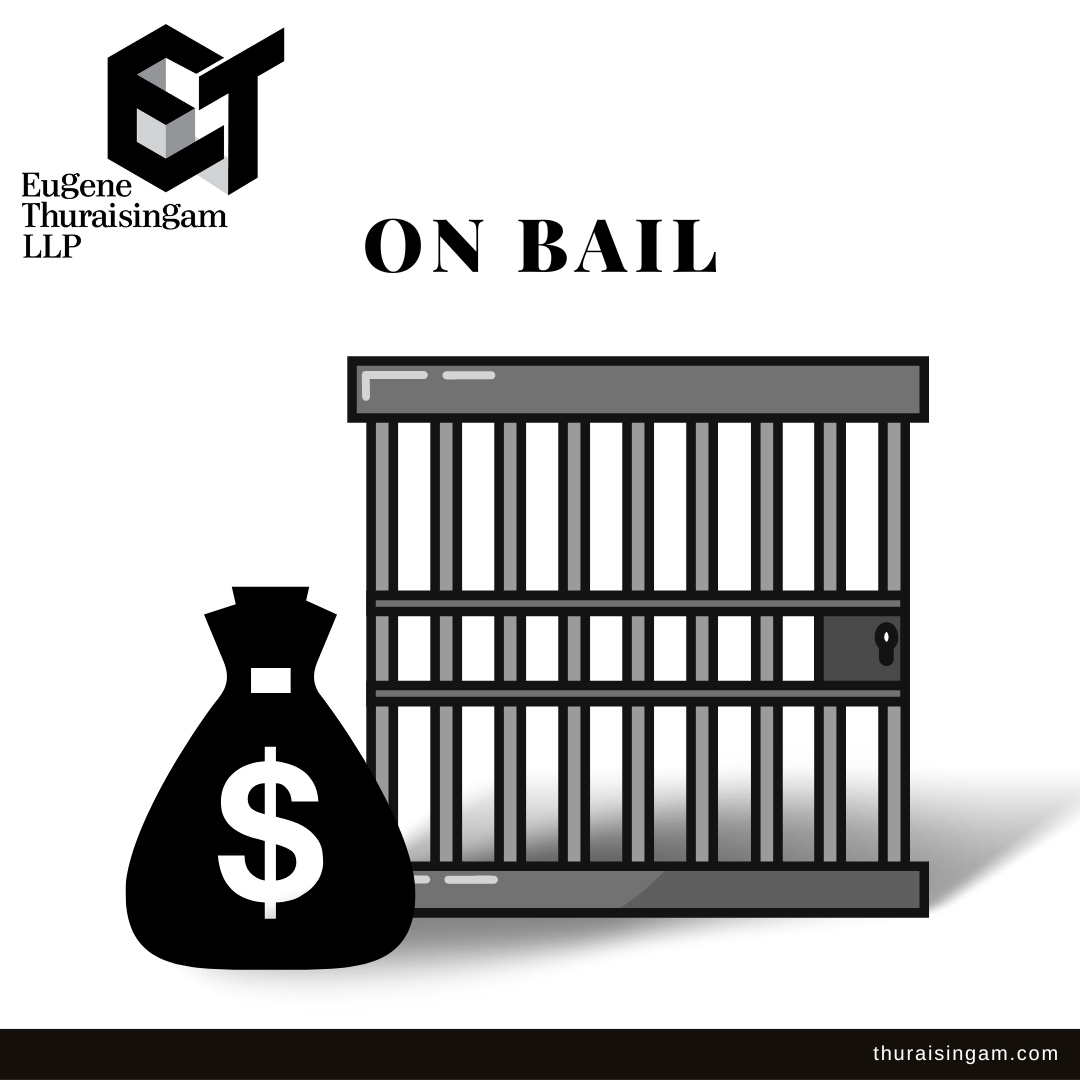Section 377A of the Penal Code – Hearings concluded
Section 377A hearings updates
1. Introduction
The cases brought by 3 plaintiffs against the constitutionality of section 377A of the Penal Code concluded on Wednesday. They were heard in chambers before the Honourable Justice See Kee Oon, who is expected to release his judgment in the next few months.
2. Parties to the applications
The three applications were taken out by Mr Johnson Ong Ming, a disc-jockey and producer, Dr Roy Tan Seng Kee, a retired general practitioner, and Mr Bryan Choong, a former executive of LGBT non-profit organisation Oogachaga.
Mr Ong was represented by our Eugene Thuraisingam, Suang Wijaya and Johannes Hadi. Mr Choong was represented by a team of lawyers comprising of Harpreet Nehal Singh SC, Remy Choo Zheng Xi, Priscilla Chia, Wong Thai Yong, and Jordan Tan. Dr Roy was represented by M. Ravi.
Deputy Chief Counsel Hui Choon Kuen, Deputy Senior State Counsel Jeremy Yeo, and State Counsels Denise Wong and Jamie Pang acted for the Attorney-General.
3. Our Arguments
We presented expert evidence that human sexual orientation naturally ranges from heterosexual to homosexual and that homosexuals, like heterosexuals, cannot wilfully change their sexual orientation and/or attraction. Our experts were Dr Jacob Rajesh, a senior consultant psychiatrist at the Promises Clinic, British psychiatrist Dinesh Bhugra, a professor of mental health and diversity at the Institute of Psychiatry at King’s College London, and American public health and epidemiology professor Chris Beyrer of the John Hopkins Bloomberg School of Public Health. We argued that it was therefore absurd, irrational and discriminatory to criminalise a person on the basis of his natural, unchangeable identity, and for non-harmful private acts.
4. Eugene Thuraisingam LLP comments in CNA
As we told the CNA today:-
All that Section 377A does is to simply express the majority’s ‘good old-fashioned discrimination’ against male homosexuals, who are a minority…
The role of our Constitution and the Court is to protect minorities against the absurd, irrational prejudices of the majority.







